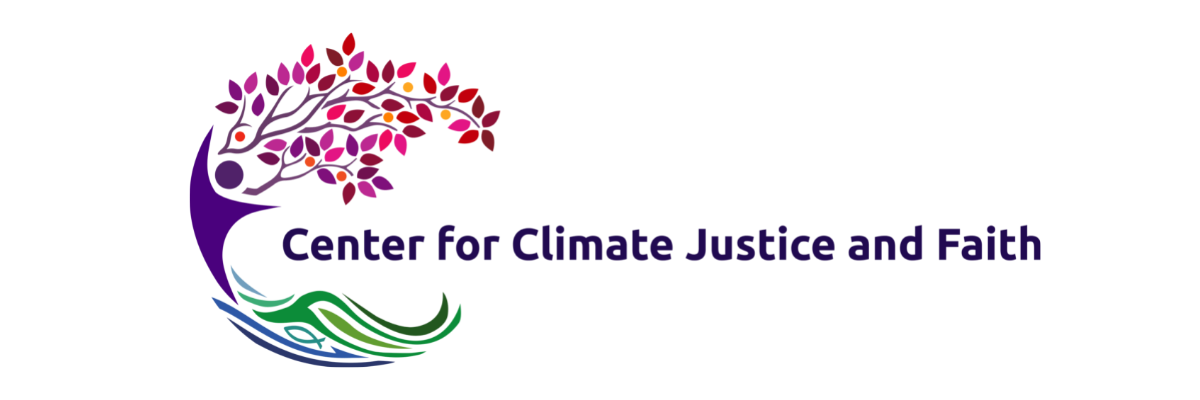Student Engagement in Climate Justice
Sacred Action Project: Speech into Action in Zimbabwe

Everywhere you look in Zimbabwe, you are reminded of the climate crisis. From shrinking lakes to parched farms to electricity shortages caused by low water flow, everyone is impacted by a devastating, climate change-induced drought. In a nation where an estimated 40% of the population lives below the poverty line (less than $1.90 per person per day), these impacts are especially hard hitting.
Arthurage Abureni is a youth member of the Evangelical Lutheran Church in Zimbabwe and a recent graduate in the Certificate in Climate Justice and Faith. When asked why he applied for the certificate, he said, “The quest to act from a position of knowledge made me apply… My passion for climate justice rests on the desire to live today with tomorrow in mind; this way, we can inherit a sustainable future for those who will come after us.”
For his capstone “Sacred Action Project”, Arthurage wanted to educate and mobilized young adults to get involved in climate action and “become the change they want to see”. The response was overwhelming. On April 18th – Easter Monday and Zimbabwe’s Independence Day – more than 113 young adults (they had hoped for 60) attended a workshop Arthurage organized on independence and climate justice. The event explored the intersection of Easter and Independence and asked the question, “Is our environment free from human-inflicted pollution and degradation?”.
As a result of this event and a Palm Sunday sermon Arthurage gave, the congregation decided to plant palm trees during the Dean of their Diocese’s visit in May. Their goal was to demonstrate their commitment to climate justice to the larger church and hopefully inspire action in other parts of the diocese.
Arthurage sees many opportunities to continue engaging the young people in his community and find ways to help their community adapt to the drought. These opportunities include food security solutions such as bee-keeping, market gardening, and hydroponic farming; Waste management and recycling solutions to reduce pollution; and increased renewable energy to provide livelihoods, reduce pollution, and improve access to electricity.

